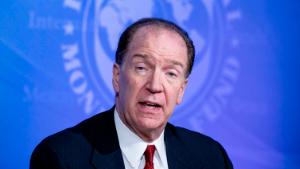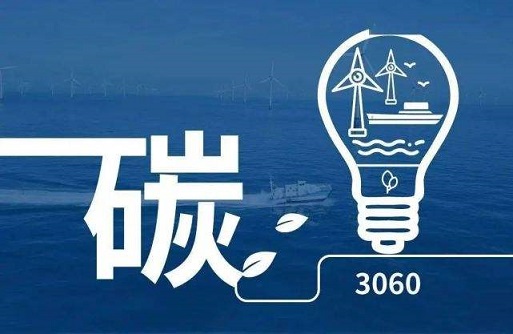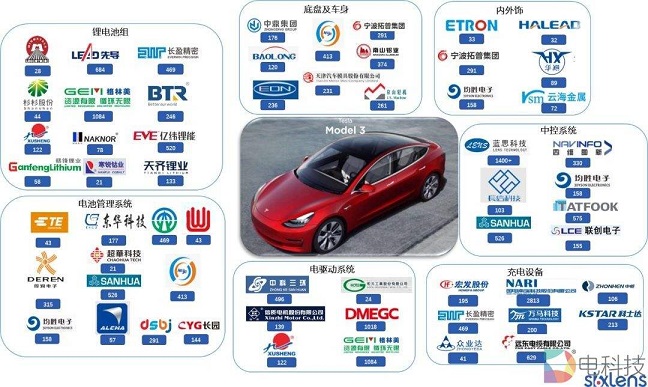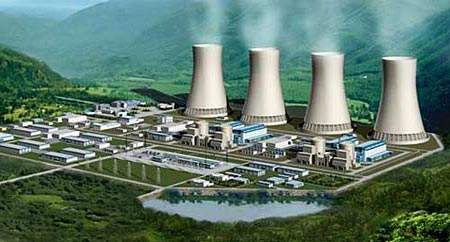A coalition of West Coast states and British Columbia have pledged to work together as a region to combat climate change and accelerate the transition to clean energy.
The governors of California, Oregon, Washington and the premier of British Columbia gathered in San Francisco Thursday to sign an agreement to decarbonize the electric grid, speed the transition to electric vehicles and make their communities more resilient to climate disasters including drought, wildfire, sea-level rise and extreme heat.
“We’re demonstrating that regional collaboration does make a difference,” Oregon Gov. Kate Brown said Thursday. “We’re demonstrating we’re much more powerful and impactful working together than working alone.”
California and other states have recently taken steps to ban sales of new gas-powered cars by 2035 and passed millions in funding to speed the transition to clean energy. Washington state lawmakers also recently passed a package to decarbonize the state’s transportation sector, which will add thousands of new EV charging stations and transition its ferries to hybrid-electric.
Those actions and Thursday’s agreement come as western North America has struggled with some of the most intense and prolonged impacts from the climate crisis.
In September, a heat wave settled over the region which was unprecedented for its extreme temperatures and for its duration. California Gov. Gavin Newsom said the September heat wave was “10 days of a heat dome the likes of which we couldn’t even imagine.”
It happened as California ended its third year in a row of intense drought as major reservoir levels are crashing. Western states – including California – are now negotiating a deal to cut a huge amount of their Colorado River water usage to save the river basin from spiraling into crisis.
“Is that the exception or is that the new normal?” Newsom said of California’s drought. “Lake Mead, Powell – all of us fighting over each other with what we’re going to do with just the Colorado River.”
The human-caused climate crisis is amplifying extreme weather in the West, climate experts have told CNN, making extreme heat and drought more intense and frequent.
Thursday’s statement of cooperation calls for the states to follow seven guiding principles. They include ensuring the clean energy transition is equitable and doesn’t leave communities behind, making sure buildings are resilient to climate disasters, lowering the cost of energy, engaging with Native tribes and Indigenous people and using natural resources and land to store carbon.
The statement also promises to serve as a model for other regions “to demonstrate how the West Coast is building the thriving low-carbon and climate-resilient economy of the future.”
Newsom said the region’s leaders want to demonstrate they are at the forefront of the clean energy transition and are fully embracing electric vehicles and other new technologies.
“It’s the West Coast offense, not defense,” Newsom said. “We’re showing how it can be done. This is not about electric power; this is about economic power. This is about dominating the next big global industry.”




